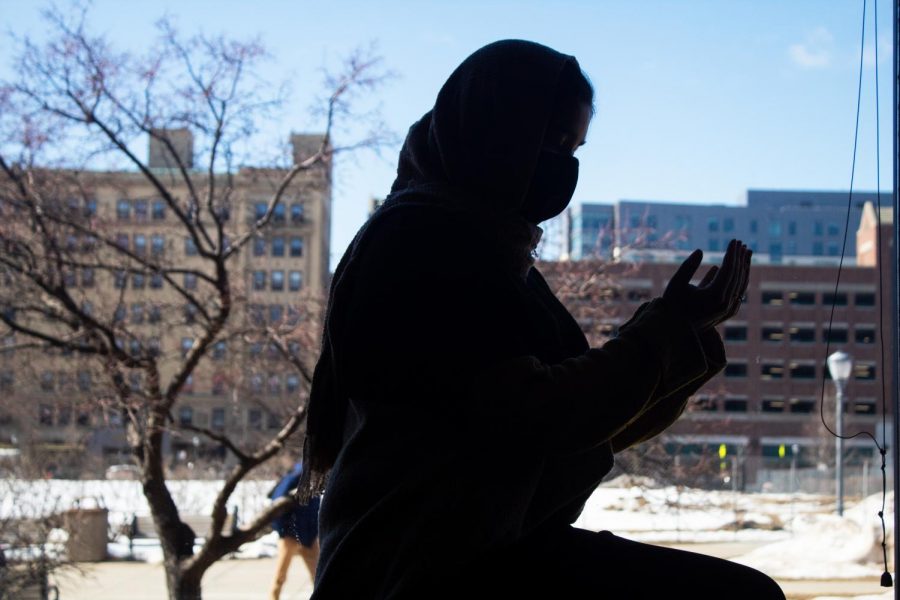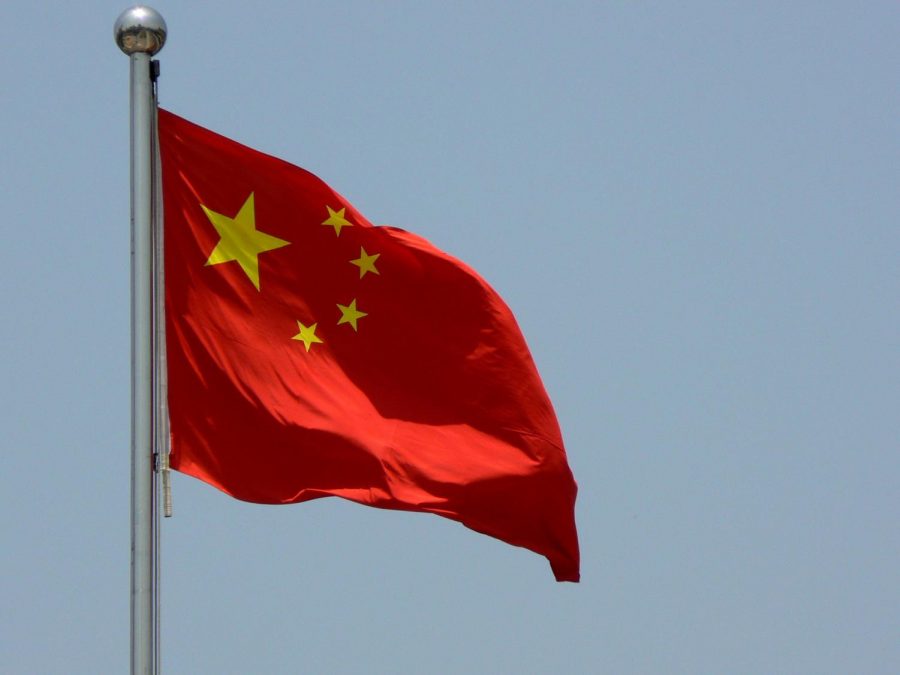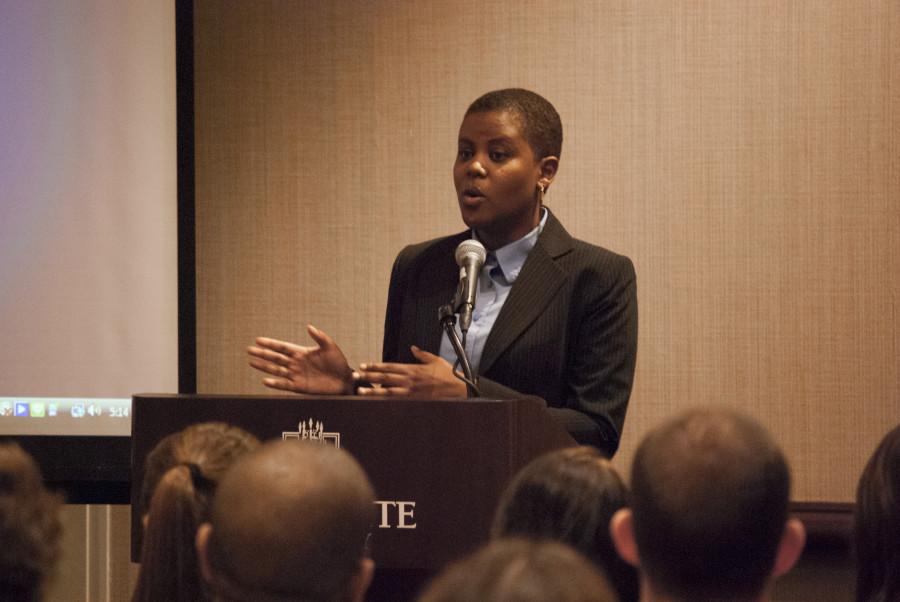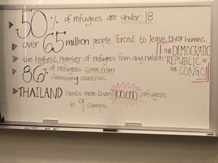The Rohingya people are one of the ethnic groups in Myanmar, located mostly in the state of Rakhine. They have their own language, religion and culture separate from the majority population of Myanmar.
This is enough justification for Myanmar, a southeast Asian country, to strip away their citizenship and disregard them as human beings. They weren’t even included in the country’s 2014 census.
In late 2016, Myanmar officials began to rape women, execute children and burn down villages of the Rohingya population located in the northwest region of their country according to Amnesty International and United Nations investigations from last year.
The Rohingya people began to flee their country in 2017 when the Myanmar military forces burned down their cities and massacred their people. During the month-long time span that the violence broke out, at least 6,700 Rohingya people were slaughtered — 730 of which were children, as reported by Doctors Without Borders. This event caused them to be “the world’s fastest growing refugee emergency and human rights nightmare,” the United Nations Secretary General António Guterres said.
Groups of Rohingya people attempted to escape to Bangladesh for safety, but Myanmar officials placed land mines on the border killing half the people, according to reports citing the Bangladeshi government. The reason for all of this: Myanmar wants to cleanse the country of an ethnic minority.
Two years and one million refugees later, the United Nations finally declared that Myanmar officials must face charges for genocide, crimes against humanity and war crimes. The U.N. was aware of and understood the fatalities occurring in the Rakhine state for over a year, but did not use their power to officially relay the problem to the rest of the world. Countless innocent Rohingya people were forced to face mass executions due to the fact that the U.N. did not intervene and press charges soon enough.
By declaring the horrendous and terrible actions committed by Myanmar militant forces legitimate on a global scale, other countries and civilians can acknowledge, and hopefully help prevent, the tragedy. Many people are unaware or apathetic of the extreme genocide because global forces have failed to unite and dedicate the time needed for a solution.
Another reason it was necessary for the UN to expose the military’s activities: The Myanmar government refused to relay any factual information to the rest of the world. Even though it was true that Myanmar was killing innocent, unarmed Rohingya people — evidenced by victims’ accounts and satellite images — U Aung Tun Thet, chief coordinator of Myanmar government, gave a statement that said, “There is no ethnic cleansing or genocide in this country.”
Zaw Htay, a spokesperson for the Myanmar presidential administration, told CNN, “There is no evidence that Myanmar soldiers committed any human rights violations.” They were able to spread these lies because nobody took account for the reality of the situation.
Now, even after the U.N. made its announcement and released its detailed report, the United States is unsure whether to support the U.N.’s decision in using the word “genocide” to describe 700,000 people being attacked and forced out of their homes. The simple cause of saving humanity is not enough for this country to look past political agenda.
Not only does the U.S. refuse to agree with the U.N., but Secretary of State Mike Pompeo is also unsure of whether to make the details of 1,024 Rohingya victim interviews compiled by U.S. human rights investigators public. The government should not censor information that could allow the public to understand the dire situation of innocent civilians. It is understandable that there are complicated legal qualifications in a time like this, but the risk of one million lives is the greater stake here.
The U.N. made the damning events and detailed witness reports very clear, so the blame is now placed on those who purposefully reject the truth. The Rohingya people will continue to get raped and killed if the Myanmar officials are not faced with the punishments they deserve.











